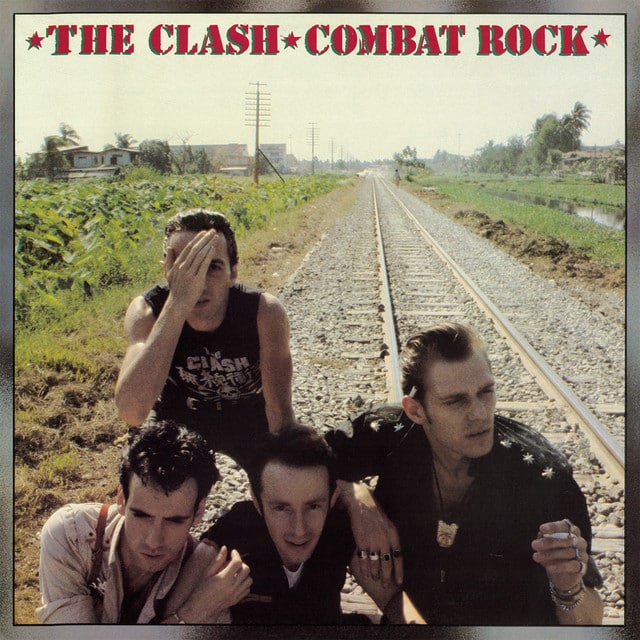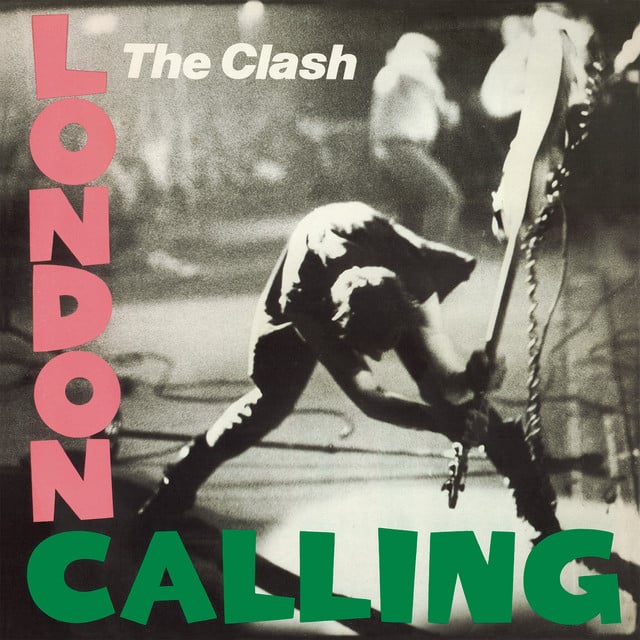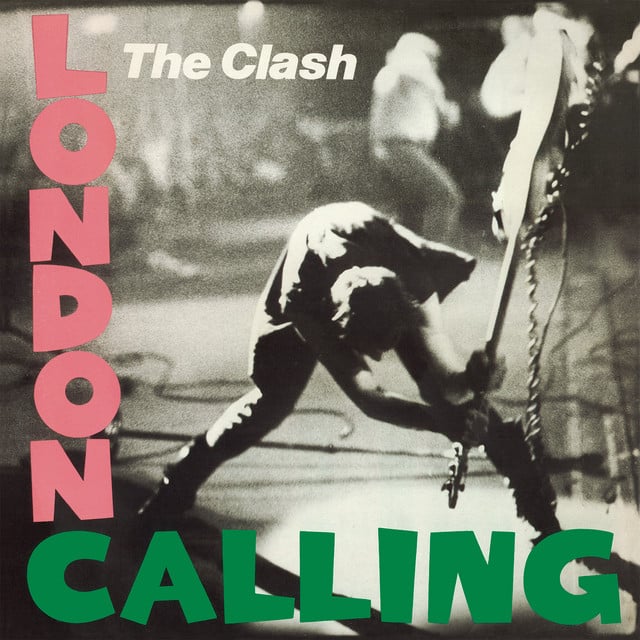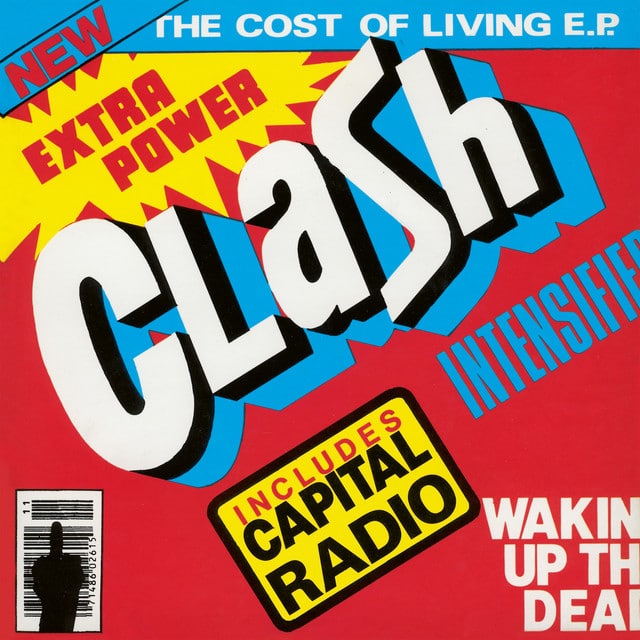Released: 1982
At its core, “Should I Stay or Should I Go” by The Clash is a raucous anthem of indecision, teeming with the raw energy and authentic emotion that the band is famed for. This track doesn’t just wail on about a romantic dilemma; it’s a gritty, pounding heart of punk questioning that encapsulates the universal struggle of making tough choices, especially when it comes to the matters of the heart versus the practicalities of life. Let’s break this down, verse by verse, and dive into what makes this song a timeless piece of rock music history.
From the get-go, the song throws us into the midst of a heated, internal debate: “Darling, you got to let me know / Should I stay or should I go?” This plea for clarity in a relationship is punk’s directness at its best. The Clash isn’t here to sugarcoat; they articulate a sentiment that’s as raw as the guitar riffs accompanying the words. The notion of staying “‘til the end of time” if the object of affection reciprocates sets the stage for a high-stakes emotional gamble. The band masterfully captures the see-saw of feelings, from devotion to frustration.
The lyrics “It’s always tease, tease, tease / You’re happy when I’m on my knees” speaks volumes about the power dynamics at play. This isn’t just a song about love; it’s a commentary on the turmoil and unpredictability inherent in human connections. “One day is fine and next is black” could well be the anthem for anyone who’s ever found themselves in a volatile relationship, where the only constant is the uncertainty.
However, The Clash doesn’t stop at merely delineating the problem. They delve into the torment of indecision with “If I go there will be trouble / And if I stay it will be double.” This succinctly sums up the dilemma—leaving is hard, but staying is harder. The repetition of “Should I stay or should I go now?” hammers the point home, urging the listener to feel the weight of this quandary.
The bilingual touch in the song with lines like “indecisión me molesta” (indecision bothers me) and “si no me quieres, líbrame” (if you don’t love me, set me free) adds a layer of multicultural texture, reflecting the band’s influences and acknowledging their diverse audience. It’s a nod to the internal conflict but also hints at the broader, universal appeal of the song. The question “¿Me debo ir o quedarme?” which translates to “Should I cool it or should I blow?” adds to the rawness, presenting the options in stark, colloquial terms that underscore the urgency and frustration.
Ultimately, “Should I Stay or Should I Go” isn’t just about the will-they-won’t-they of a turbulent relationship. It’s a rock and roll embodiment of every crucial crossroads moment in life. The Clash, with their signature blend of punk energy and lyrical sharpness, taps into the human experience. Through a mix of English and Spanish, they universalize the feeling of being stuck between a rock and a hard place, making “Should I Stay or Should I Go” a resounding battle cry for anyone at a crossroads, romantic or otherwise.
In wrapping up, what The Clash delivers with this song isn’t purely musical; it’s a piece of life, wrapped in leather jackets and electric guitar strings. It’s about the moments of decision we all face, the indecision that plagues us, and the realization that sometimes, the answer isn’t easy. The Clash didn’t just write a song; they penned an anthem for the indecisive hearts, making “Should I Stay or Should I Go” a masterpiece that transcends time.








